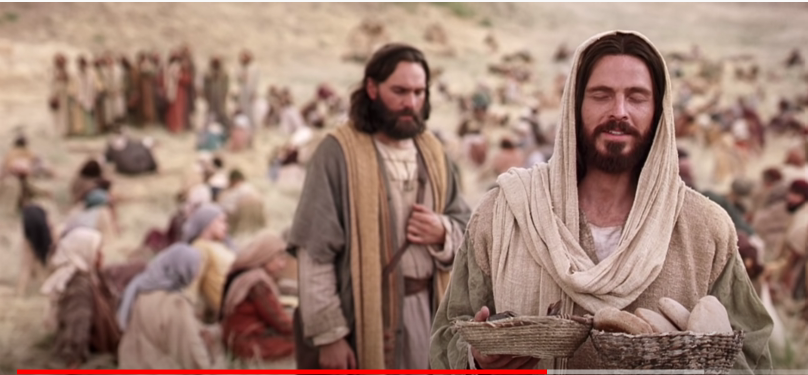To accompany your Come Follow Me study for March 27 to April 2
In addition to reading the indicated chapters, you may wish to:
- Read the applicable portions of the New Testament Institute Student Manual at
- https://www.churchofjesuschrist.org/study/manual/new-testament-student-manual/introduction-to-matthew/chapter-5?lang=eng
- https://www.churchofjesuschrist.org/study/manual/new-testament-student-manual/introduction-to-mark/chapter-12?lang=eng
- https://www.churchofjesuschrist.org/study/manual/new-testament-student-manual/introduction-to-the-gospel-according-to-st-john/chapter-23-john-5-7?lang=eng
- Watch the following related video segments:
- The Feeding of the 5000 at https://www.youtube.com/watch?v=UtrjViTgPHs
- Jesus Walking On Water – Wherefore Didst Thou Doubt? at https://www.youtube.com/watch?v=2noonMEnSFg
- Jesus Heals a Lame Man on the Sabbath at https://www.youtube.com/watch?v=QhirAYf29VE
- I Am the Bread of Life—Jesus Christ at https://www.youtube.com/watch?v=vci5QPRvSQk
- Come Follow Me (Mar 27-April 2) Matthew 14; Mark 6; John 5–6 | Multiply & Magnify at Come Follow Me (Mar 27-April 2) Matthew 14; Mark 6; John 5–6 | Multiply & Magnify – YouTube
- The Gospel According to Matthew (from minute 1:47:53 to 1:58:34) at https://www.youtube.com/watch?v=woAhReBytBk&t=6494s
- The Gospel of Mark Visual Bible (from minute 24:48 to 32:08) at https://www.youtube.com/watch?v=BcdgY7V4jZ4&t=1190s
- The Gospel of John (from minute 34:13 to 57:40) at https://www.youtube.com/watch?v=kAAZ6HPXdMU
If you would like a Kahoot game related to this material which you could use for personal study or use with your family or your class, click here: https://create.kahoot.it/share/matthew-14-mark-6-john-5-6/e8071131-538b-4bf6-b646-d539e0b1fa7b. (To use it with a group, after clicking on this link, you will need to log into Kahoot, creating a free account if you have not done so previously, then click on the blue “Start” button.)
Points to Ponder in Matthew 14; Mark 6; John 5-6
1. Can you identify at least three principles that are illustrated by the story of Herod’s reluctant execution of John the Baptist? (Mark 6:17-28; Matthew 14:3-12)
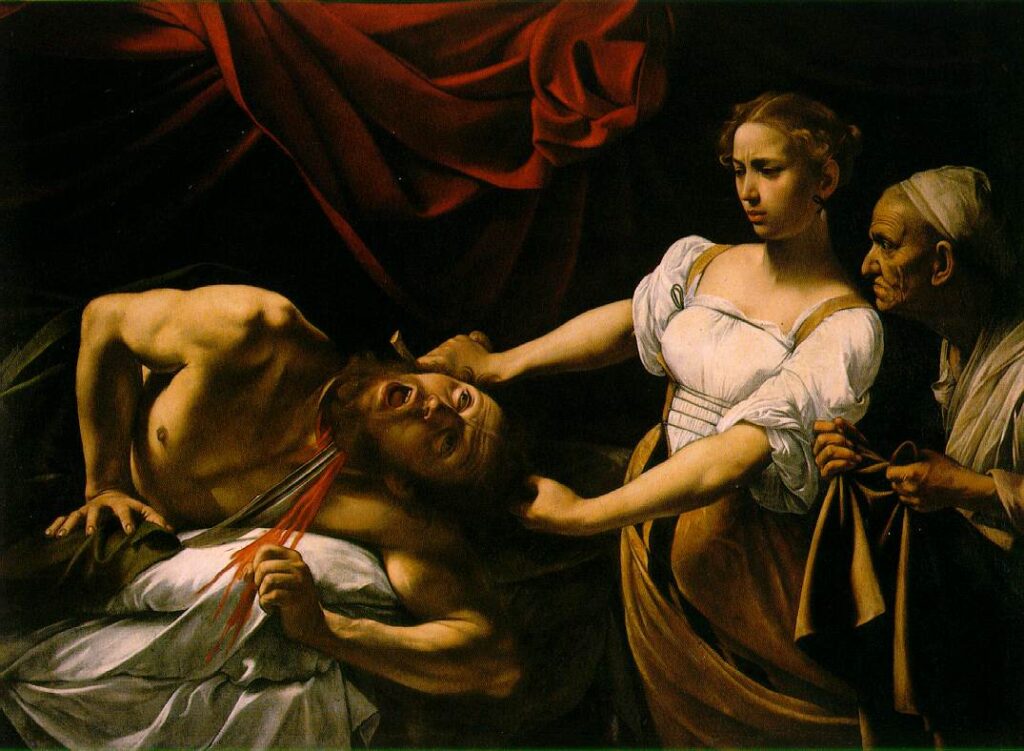
2. Why did Jesus tell his apostles to feed the multitude when he knew they couldn’t do it? (Mark 6:37)
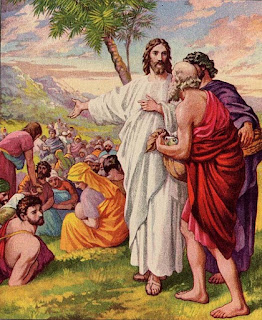
3. Why is the miracle of “the Feeding of the 5000” a misnomer?
4. The account of the feeding of the 5000 is a good example of how the contributions of each of the four Gospel writers can give us a more complete record than any one of them gives us alone. What unique contributions can you find from each of the four in this case? And what is the easiest way to find out?
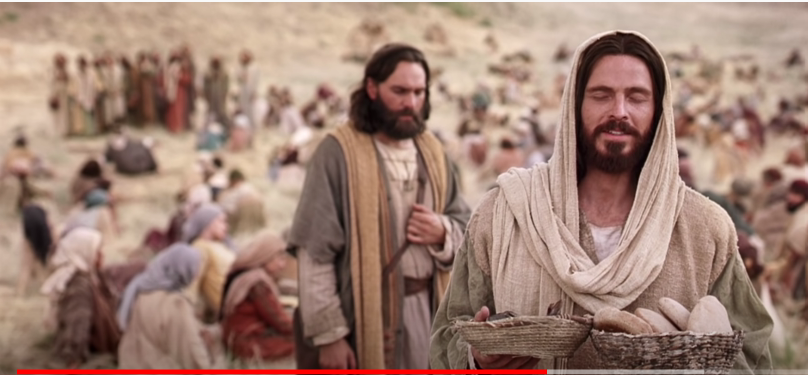
5. What is the significance of Jesus’ having the leftover food gathered up?
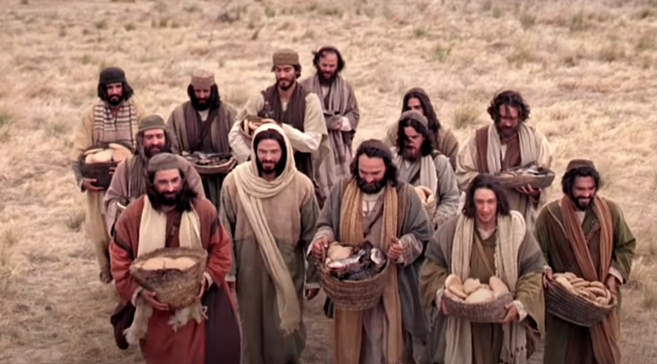
6. If Jesus came to be “King of Kings,” why did he resist the one effort by his countrymen to so crown him? (John 6:15)
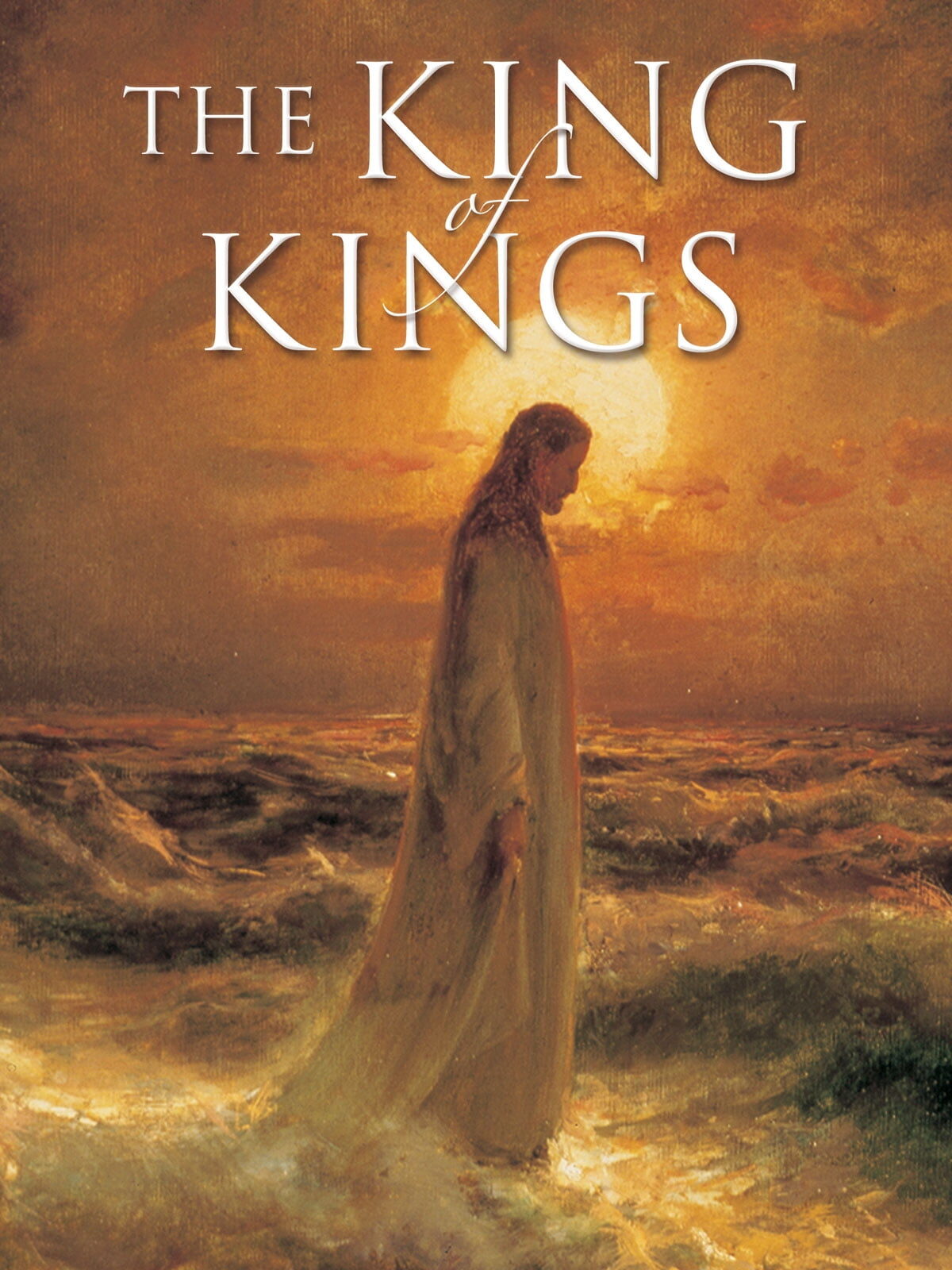
7. How embarrassed should we be if we not only don’t have enough faith to move mountains but can’t even walk on water? What would be the difference between our attempting to walk on water and Peter’s attempt? (Matt. 14:24‑31)
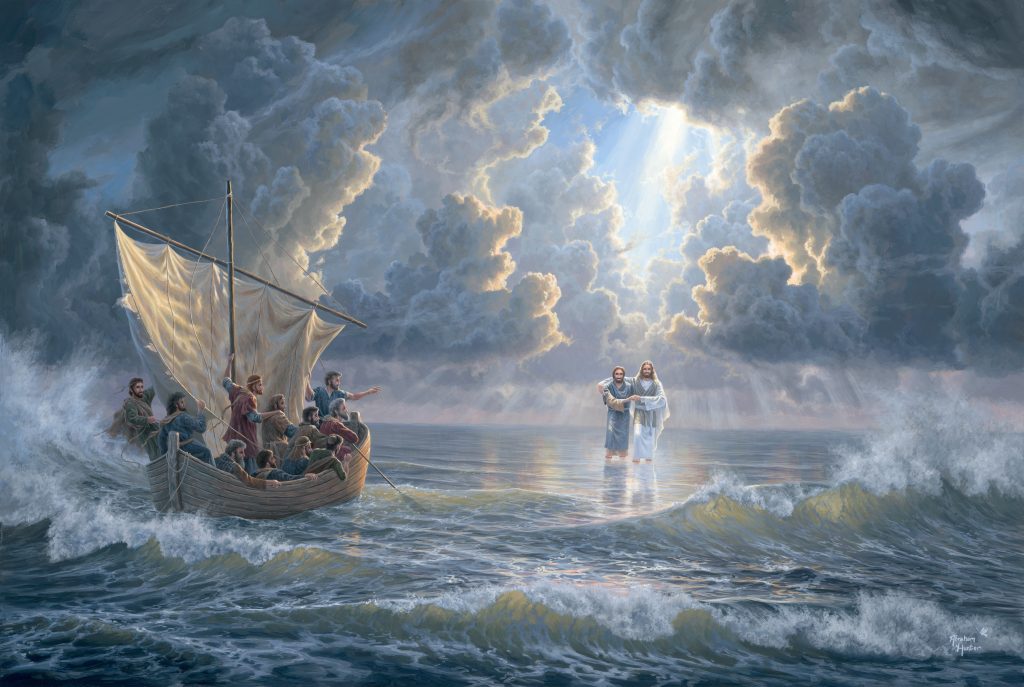
8. In addition to Jesus’ and Peter’s walking on the water, what other two miracles apparently occurred in connection with the same boat trip? (Matthew 14:32; John 6:21)
9. What parallels can you cite to the “touching the hem” miracles of Matthew 14:36?
10. Why early in John 6 is Jesus at the height of his popularity but by the end of the chapter seems to have lost most of his followers? Why did those who still stayed with Jesus not also leave?
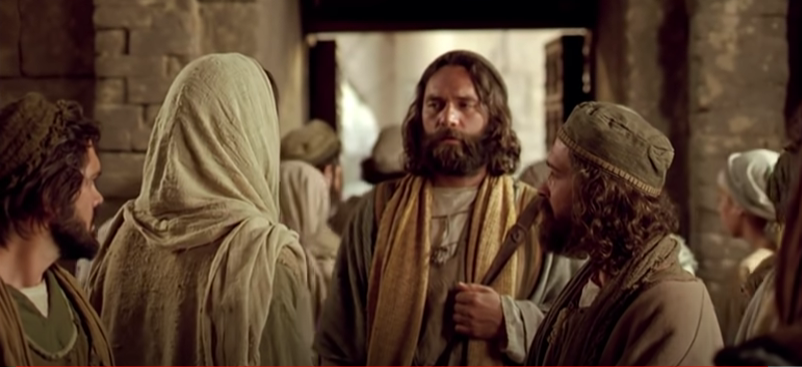
11. Can you paraphrase Jesus’ “Bread of Life” sermon into one or two sentences of more easily understandable English?
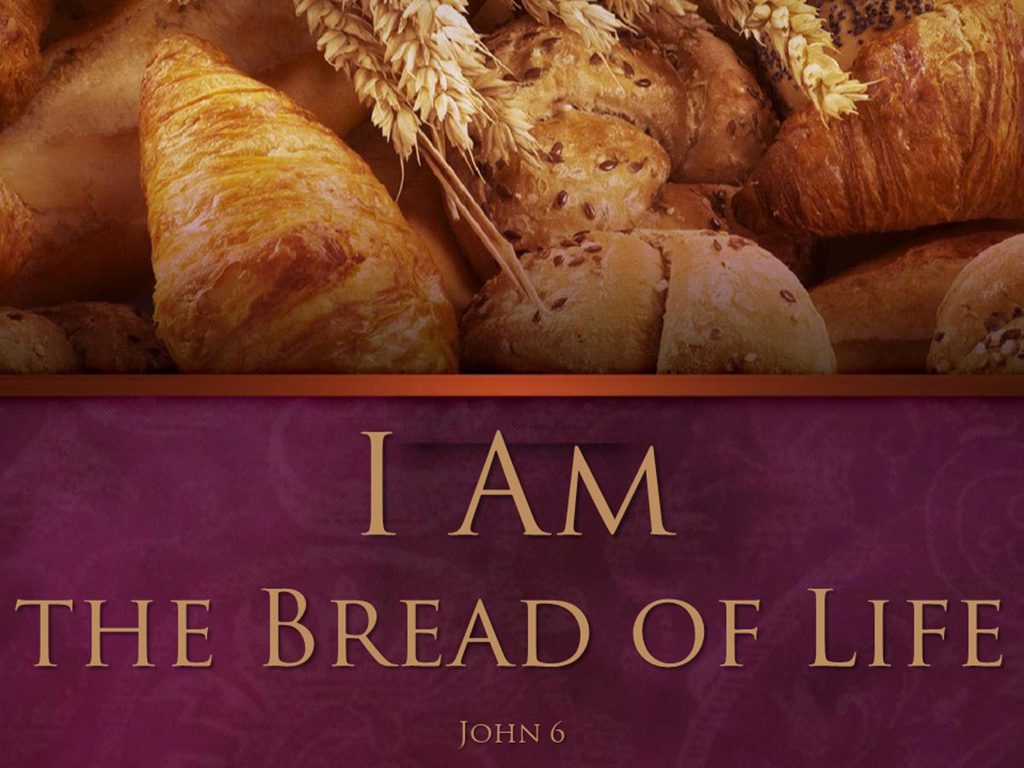
12. Does John 6:53-54 refer to the sacrament? Explain.
13. Did the “Bread of Life” sermon offend so many people because it was dull and unintelligible or because they could understand it clearly but didn’t still like it? (John 6:22‑59) Explain.
14. Is it really true, as John 5:4 relates, that “an angel went down at a certain season into the pool, and troubled the water: whosoever then first after the troubling of the water stepped in was made whole of whatsoever disease he had”? If so, isn’t that a strange occupation for an angel? If it is not true, why is it in the Bible?
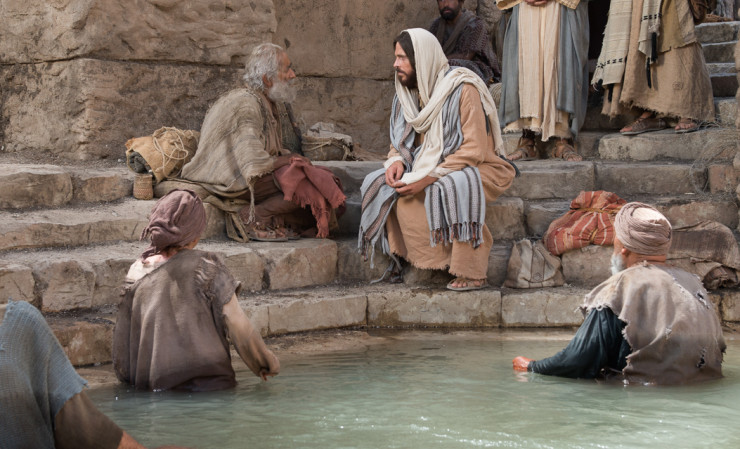
15. Why does Jesus say in John 5:31, “If I bear witness of myself, my witness is not true”? Didn’t He often bear witness of Himself? And wasn’t everything He said true?
16. How do many of us use John 5:39 out of context, but probably to teach a good principle?

17. What other passages in this week’s reading did you find particularly meaningful?
Possible Answers to Points to Ponder in Matthew 14; Mark 6; John 5-6
1. Can you identify at least three principles that are illustrated by the story of Herod’s reluctant execution of John the Baptist? (Mark 6:17-28; Matthew 14:3-12)
Possibilities could include:
- It is wise to be careful what you promise to do.
- It is better to break a promise than to commit a worse sin.
- Valuing the opinion of your wife, children, or friends more than God’s can get you into a lot of trouble.
- If the Lord inspires you to preach boldly to those who might persecute you and even kill you for it, it is important to go ahead. Getting beheaded only hurts briefly, but your example of courage and faithfulness can inspire future generations forever. It is worth noting that when John the Baptist appeared to Joseph Smith and Oliver Cowdery, he had his head back!
2. Why did Jesus tell his apostles to feed the multitude when he knew they couldn’t do it? (Mark 6:37)
Actually, they could have done it. They just didn’t realize it yet. Jesus is trying to give them a vision of the power they really had by virtue of their ordination.
3. Why is the miracle of “the Feeding of the 5000” a misnomer?
Matthew 14:21 tells us that the 5000 included only the men, but that there were women and children there, too. The total number could easily have been over 10,000.
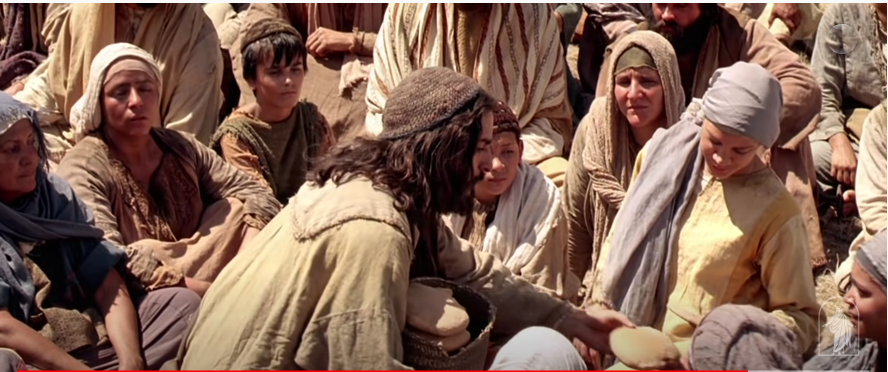
4. The account of the feeding of the 5000 is a good example of how the contributions of each of the four Gospel writers can give us a more complete record than any one of them gives us alone. What unique contributions can you find from each of the four in this case? And what is the easiest way to find out?
A good place to find the answer is http://www.parallelgospels.net/Page_95.htm, where you find each of the Gospel accounts, side by side.
Matthew: Is the only one who clarifies that there were women and children present, in addition to the 5000 men.
Mark: Is the only one who mentions that they sat down on green grass. And mentions their sitting in groups of 100’s in addition to groups of 50’s.
Luke: Says they sat in groups of 50’s. Confirms details told by others but has few unique contributions.
John: Is the only one who specifies that the loaves were barley loaves and they and the fishes came from a boy. He is the only one who implies that the essence of Jesus’ blessing on the food was to give thanks for it. Though he doesn’t specify the color of the grass (which could often be brown and less pleasant, depending on the time of year), he is the only one who specifically says there was “much” grass. And he is the only one who tells of Jesus asking Philip where they could go to buy bread, as a test, as He already knew what He was going to do.
5. What is the significance of Jesus’ having the leftover food gathered up?
Three possibilities, which are not mutually exclusive:
- He may be trying to teach a valuable lesson about thrift.
- He may be planning to donate the leftover food to the neediest among them to take home.
- He is making the record of the miracle even more impressive by letting it be known that there was more left over than that with which they started.
6. If Jesus came to be “King of Kings,” why did he resist the one effort by his countrymen to so crown him? (John 6:15)
He didn’t come to be the kind of king they were looking for—one which would free them from Roman oppression and provide for their temporal needs. He was trying to get them to accept Him as a spiritual, heavenly king, whose kingdom was not of this world.
7. How embarrassed should we be if we not only don’t have enough faith to move mountains but can’t even walk on water? What would be the difference between our attempting to walk on water and Peter’s attempt? (Matt. 14:24‑31)
Nowhere are we promised that we can move mountains around or walk on water just because we want to or because we conjure up a lot of positive mental attitude. But as 1 Nephi 3:7 attests, if God commands us to do something, He will enable us to do it. Jesus did tell Peter to walk on water, and Peter briefly succeeded. Jesus justly scolded Peter for losing his faith in Jesus’ power, not his own. But if you or I try to walk on water without the Lord inviting us and enabling us to do so, we’ll certainly sink.
8. In addition to Jesus’ and Peter’s walking on the water, what other two miracles apparently occurred in connection with the same boat trip? (Matthew 14:32; John 6:21)
- The storm ceased as soon as Jesus and Peter got into the boat.
- “Immediately the ship was at the land whither they went.”
9. What parallels can you cite to the “touching the hem” miracles of Matthew 14:36?
- This is very similar to the miracle told in Mark 5:25-34 of the woman with an issue of blood who touched the hem of Jesus’ garment with faith and was healed.
- In our dispensation, during a malaria plague in early Nauvoo, when Joseph Smith was not personally able to bless all who wanted a blessing from his hand, he gave his handkerchief to Wilford Woodruff, with the promise that by wiping the brow of the afflicted with it, they could be healed. Brother Woodruff recorded: “A man came to [Joseph] and asked him if he would go about three miles and heal two of his small children, who were twins, about three months old, and were sick nigh unto death. He was a man of the world, he had never heard a sermon preached by a Latter-day Saint. Joseph said he could not go, but he would send a man. After hesitating a moment, he turned to me and said, “You go with this man and heal his children,” at the same time giving me a red silk handkerchief, and said, “After you lay hands upon them, wipe their faces with it, and they shall be healed; and as long as you will keep that handkerchief, it shall ever remain as a league between you and me.” I went and did as I was commanded, and the children were healed.”

10. Why early in John 6 is Jesus at the height of his popularity but by the end of the chapter seems to have lost most of his followers? Why did those who still stayed with Jesus not also leave?
Jesus is popular early in the chapter because He has just provided everyone with a free meal. But later in the chapter, He gives His “Bread of Life” sermon, in which He clarifies that His mission is not to satisfy people’s physical needs but their spiritual hunger. It was a disappointing message to many. Those who stayed were those who had a spiritual witness of who He was and the value of the spiritual food He came to provide them.
11. Can you paraphrase Jesus’ “Bread of Life” sermon into one or two sentences of more easily understandable English?
Perhaps:
We must come to crave and be nourished spiritually by Jesus’ teachings and by communion with His Spirit, just as the physical part of us longs for food after many hours without eating. It is our privilege to be so connected with the Savior that we no longer merely “hunger and thirst after righteousness” but have been “filled.”
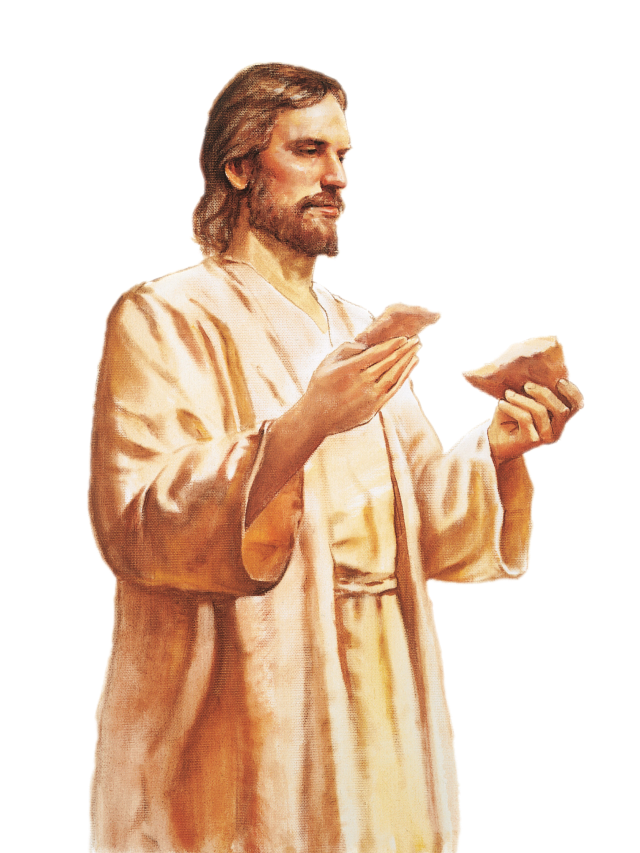
12. Does John 6:53-54 refer to the sacrament? Explain.
No. As important as the sacrament is, this passage refers to something much deeper: Fully internalizing Jesus’ teachings and living by His Spirit.
13. Did the “Bread of Life” sermon offend so many people because it was dull and unintelligible or because they could understand it clearly but didn’t still like it? (John 6:22‑59) Explain.
Quite possibly it was either or both. Some probably thought Jesus was talking nonsense and complained about how boring His talk was. Others probably realized He was not going to repeat the miracle of the feeding of the 5000 and simply weren’t interested in the message of a religious preacher.
14. Is it really true, as John 5:4 relates, that “an angel went down at a certain season into the pool, and troubled the water: whosoever then first after the troubling of the water stepped in was made whole of whatsoever disease he had”? If so, isn’t that a strange occupation for an angel? If it is not true, why is it in the Bible?
John is relating a superstition that was believed by the local people, including the lame man, not what was actual fact. The Lord has never healed people in priority order based on who could jump into a pool of water first. And Jesus, when He healed the man, didn’t speedily push him into the water but healed him directly. This is an example of why it is important to read the scriptures in context, as they contain the words of men, of God, of angels, and even of Balaam’s donkey! Only those from a divine source need be accepted.
15. Why does Jesus say in John 5:31, “If I bear witness of myself, my witness is not true”? Didn’t He often bear witness of Himself? And wasn’t everything He said true?
It would be more accurate to say, “My witness is not valid,” or “is not trustworthy,” or “is not deemed true,” as some other translations render this passage. Jesus is saying the same thing here that He says later in John 8:17-18: “It is also written in your law, that the testimony of two men is true. I am one that bear witness of myself, and the Father that sent me beareth witness of me.”
16. How do many of us use John 5:39 out of context, but probably to teach a good principle?
We often hear this passage quoted as an exhortation to all of us to study the scriptures regularly. And, certainly, we should do so. But Jesus’ exhortation here was specifically to the Jewish leaders, who didn’t accept Him as the Messiah. He was telling them to check their own scriptures, and if they did so with understanding hearts, they would find many passages where earlier prophets had specifically foretold the life and mission of Jesus Christ.
17. What other passages in this week’s reading did you find particularly meaningful?
My list included:
- Matthew 14:13: Even the Savior of the world found it appropriate to be alone to grieve when He learned of John the Baptist’s death.
- Matthew 14:14: Even though He for His own comfort would have preferred to be alone at this tender time, Jesus was “moved with compassion” toward the multitude which followed him and healed their sick, taught them “many things” (Mark 6:34) and later fed them.
- Matthew 14:23: After Jesus’ earlier effort to be alone had been interrupted, He finally found the solitude He was seeking, going “up into a mountain apart to pray.”
- John 5:19: “The Son can do nothing of himself, but what he seeth the Father do.” Joseph Smith expanded on this in his King Follett Sermon (see https://www.churchofjesuschrist.org/study/ensign/1971/04/the-king-follett-sermon?lang=eng) to teach that this shows that God the Father once lived on an earth as we do and laid down His life, as Jesus would His.
- John 5:25-29: This is the passage which Joseph Smith and Sidney Rigdon pondered as they worked on the Joseph Smith Translation of the Bible, resulting in their receiving the vision recorded in Doctrine and Covenants 76.
